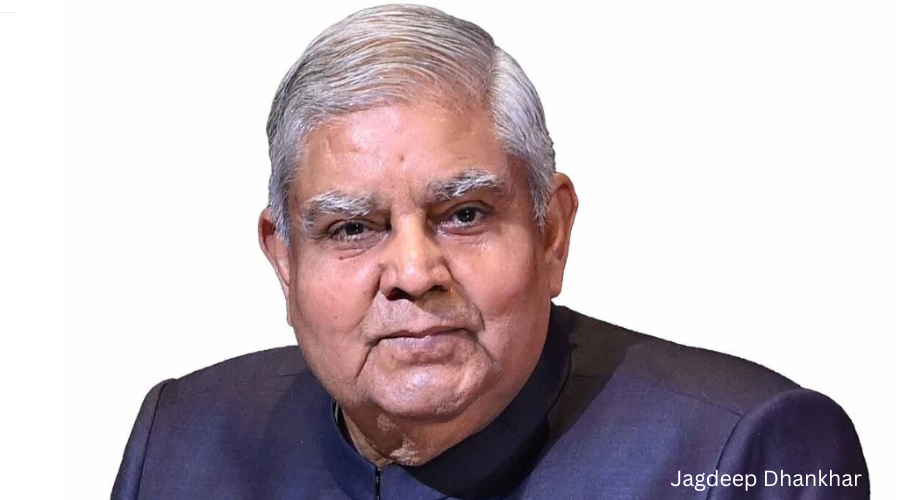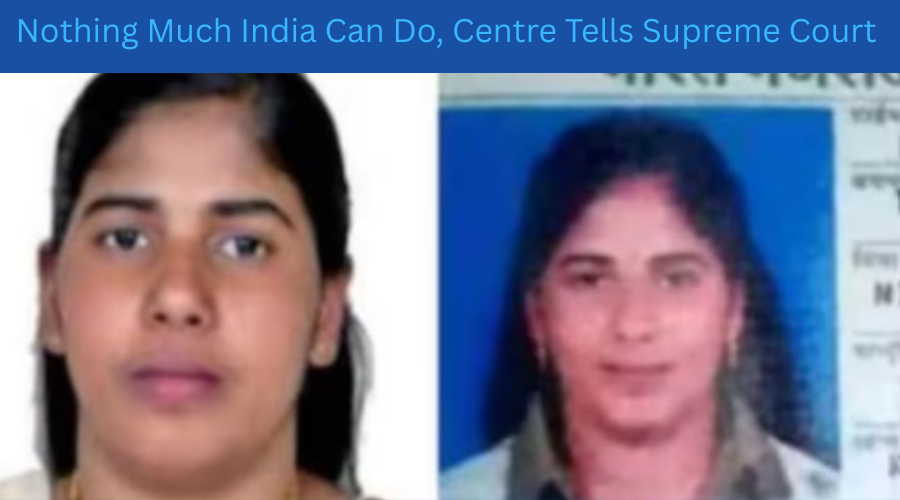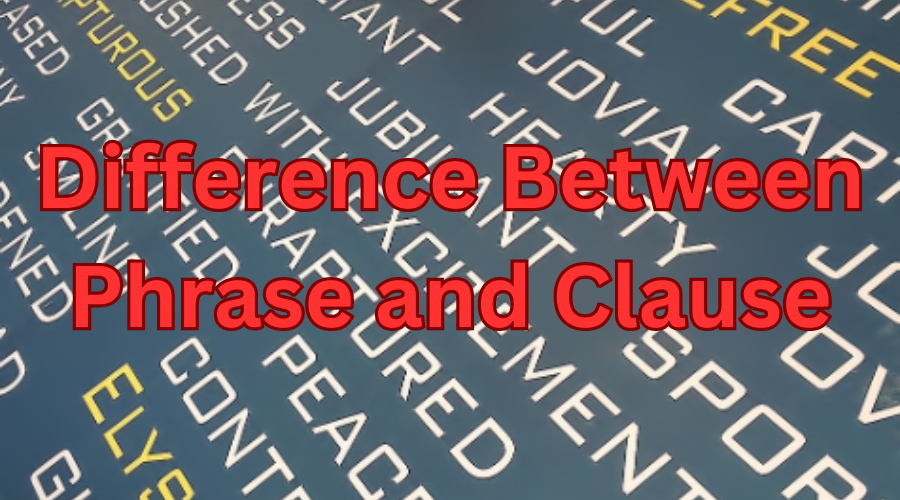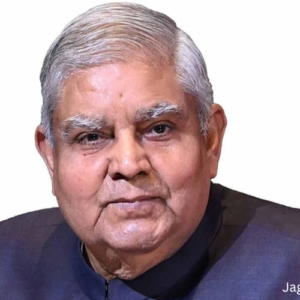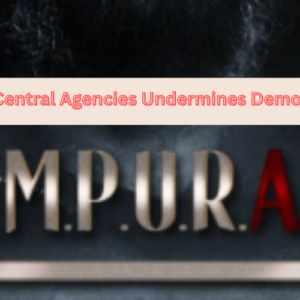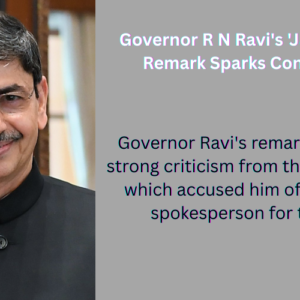A phrase and a clause are both groups of words, but they serve different grammatical purposes and have distinct characteristics.
Phrase:
A phrase is a group of words that functions as a single unit within a sentence.
It does not have a subject and a predicate, which means it does not express a complete thought.
It can be a noun phrase, verb phrase, prepositional phrase, or other types, and it often serves a specific grammatical role within a sentence.
Examples: “in the morning,” “the old man,” “to the store.”
Clause:
A clause is a group of words that contains a subject and a predicate (verb) and forms a complete thought.
There are two main types of clauses: independent clauses (can stand alone as complete sentences) and dependent clauses (cannot stand alone and need to be part of a larger sentence).
An independent clause expresses a complete thought, while a dependent clause relies on an independent clause for its meaning.
Examples:
Independent clause: “She went to the store.”
Dependent clause: “When he arrived.”
In summary, a phrase is a group of words without a subject and predicate that functions as a single unit, while a clause is a group of words that contains a subject and a predicate and expresses a complete or incomplete thought.
News in Same Category
 Transitive and Intransitive Verbs
Transitive and Intransitive Verbs
 Ask Questions Using Would You, Could You, Will You and Can You
Ask Questions Using Would You, Could You, Will You and Can You
 Using ‘mind’ as a verb to instruct someone to be careful or take care of something
Using ‘mind’ as a verb to instruct someone to be careful or take care of something
 The term ‘mind’ to denote the act of taking care of someone or something
The term ‘mind’ to denote the act of taking care of someone or something
 He doesn’t mind, She doesn’t mind, I don’t mind
He doesn’t mind, She doesn’t mind, I don’t mind
 The Phrase “Never Mind”
The Phrase “Never Mind”
 Uses of ‘Mind’ as a Noun
Uses of ‘Mind’ as a Noun
 Uses of ‘Being’
Uses of ‘Being’
 ‘In a Nutshell’: Summarizing Complex Ideas Concisely
‘In a Nutshell’: Summarizing Complex Ideas Concisely
 Either… or…
Either… or…
 UGC opens doors for top global universities to establish campuses in India
UGC opens doors for top global universities to establish campuses in India
 JEE Advanced 2024: Key Dates and Enrollment Details Announced
JEE Advanced 2024: Key Dates and Enrollment Details Announced
 IIT Madras Launches Integrated Career Pathway Centre for Student Success
IIT Madras Launches Integrated Career Pathway Centre for Student Success
 IIM Lucknow to Soon Release CAT 2023 Answer Key
IIM Lucknow to Soon Release CAT 2023 Answer Key
 IIM Kashipur Announces Executive MBA Program for 2024, Invites Applications for EMAT-2023
IIM Kashipur Announces Executive MBA Program for 2024, Invites Applications for EMAT-2023
 ESIC Announces Examination Schedule for Group C Paramedical Posts
ESIC Announces Examination Schedule for Group C Paramedical Posts
 UKMSSB Announces Recruitment for 1455 Nursing Officer Positions: Application Process Begins on December 12
UKMSSB Announces Recruitment for 1455 Nursing Officer Positions: Application Process Begins on December 12
 NTA Extends JEE Main 2024 Registration Deadline to December 4
NTA Extends JEE Main 2024 Registration Deadline to December 4
 How to Ask Questions in English
How to Ask Questions in English
 Auxiliary Verbs
Auxiliary Verbs
